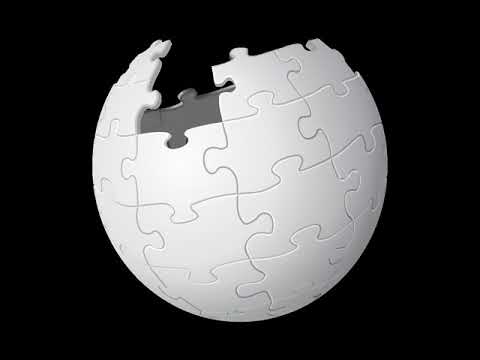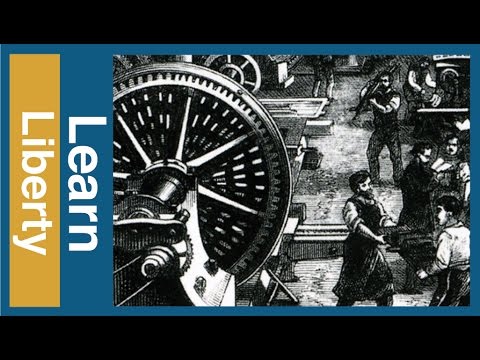wikipedia tts
This is an audio version of the Wikipedia Article:
https://en.wikipedia.org/wiki/Observer_effect_(physics)
00:02:09 1 Particle physics
00:04:06 2 Electronics
00:04:52 3 Thermodynamics
00:05:17 4 Quantum mechanics
00:06:02 5 References
Listening is a more natural way of learning, when compared to reading. Written language only began at around 3200 BC, but spoken language has existed long ago.
Learning by listening is a great way to:
– increases imagination and understanding
– improves your listening skills
– improves your own spoken accent
– learn while on the move
– reduce eye strain
Now learn the vast amount of general knowledge available on Wikipedia through audio (audio article). You could even learn subconsciously by playing the audio while you are sleeping! If you are planning to listen a lot, you could try using a bone conduction headphone, or a standard speaker instead of an earphone.
Listen on Google Assistant through Extra Audio:
https://assistant.google.com/services/invoke/uid/0000001a130b3f91
Other Wikipedia audio articles at:
https://www.youtube.com/results?search_query=wikipedia+tts
Upload your own Wikipedia articles through:
https://github.com/nodef/wikipedia-tts
Speaking Rate: 0.8259584419428723
Voice name: en-US-Wavenet-B
“I cannot teach anybody anything, I can only make them think.”
– Socrates
SUMMARY
=======
In physics, the observer effect is the theory that simply observing a situation or phenomenon necessarily changes that phenomenon. This is often the result of instruments that, by necessity, alter the state of what they measure in some manner. A commonplace example is checking the pressure in an automobile tire; this is difficult to do without letting out some of the air, thus changing the pressure. Similarly, it is not possible to see any object without light hitting the object, and causing it to reflect that light. While the effects of observation are oftentimes negligible, the object still experiences a change. This effect can be found in many domains of physics, but can usually be reduced to insignificance by using different instruments or observation techniques.
An especially unusual version of the observer effect occurs in quantum mechanics, as best demonstrated by the double-slit experiment. Physicists have found that even passive observation of quantum phenomena (by changing the test apparatus and passively ‘ruling out’ all but one possibility), can actually change the measured result. A particularly famous example is the 1998 Weizmann experiment. Despite the “observer” in this experiment being an electronic detector—possibly due to the assumption that the word “observer” implies a person—its results have led to the popular belief that a conscious mind can directly affect reality. The need for the “observer” to be conscious has been rejected by mainstream science as a misconception rooted in a poor understanding of the quantum wave function ψ and the quantum measurement process, apparently being the generation of information at its most basic level that produces the effect.
Source



